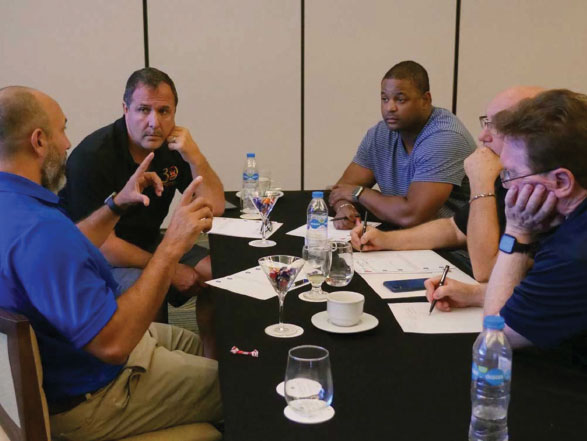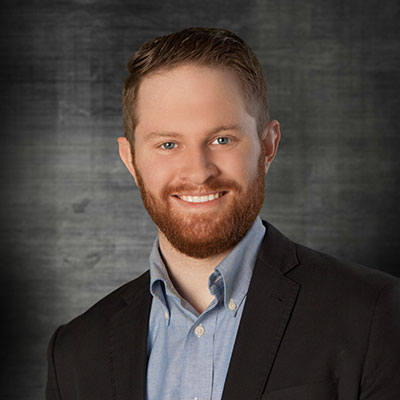Control Your Real Estate

For franchisors with physical locations, understanding the importance of obtaining a fully executed conditional assignment of lease for every site is crucial. For new franchisors who may be unaware, a conditional assignment of lease is an agreement between the franchisee and the landlord of each location, for the franchisor’s benefit. By Tom Spadea











 Jason Power exclusively practices franchise law as a partner at Barber Power Law Group in Charlotte, North Carolina. He has assisted hundreds of franchisees with their FDDs and buying into franchises all over the country. Power also represents emerging and established franchisors. For more information contact Power at
Jason Power exclusively practices franchise law as a partner at Barber Power Law Group in Charlotte, North Carolina. He has assisted hundreds of franchisees with their FDDs and buying into franchises all over the country. Power also represents emerging and established franchisors. For more information contact Power at 

